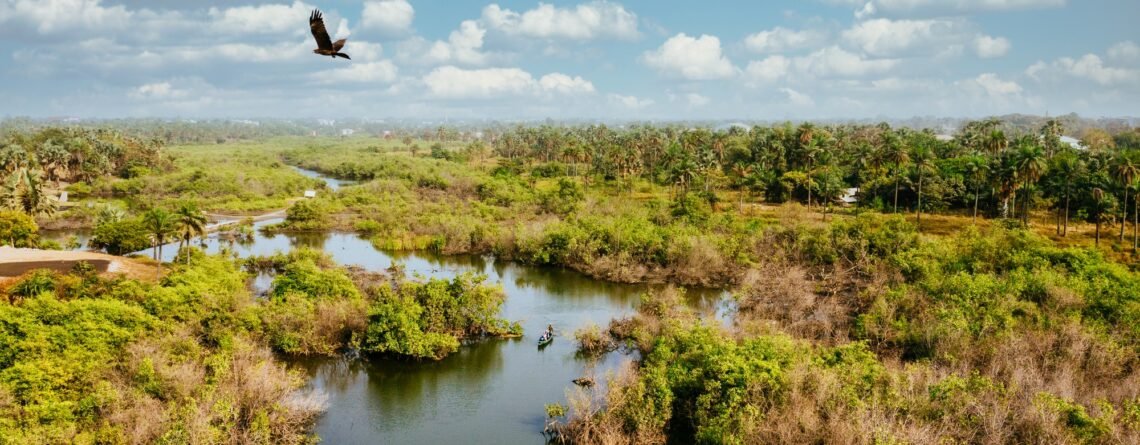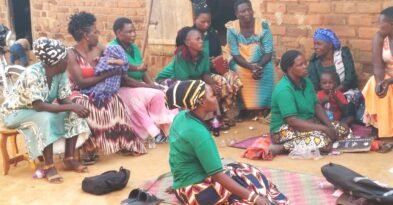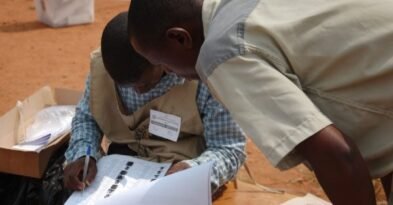Climate change is one of the most urgent and defining global challenges of our time. But what is often overlooked is that the climate crisis is not experienced equally by all. It has deeply gendered dimensions that we must acknowledge and address if we are to create real, lasting solutions.
For over three decades, gender analysis has brought to light the disproportionate effects of climate change and environmental degradation on the lives of women, girls, and gender-diverse people. From food insecurity and water scarcity to displacement and loss of livelihoods, these impacts are felt most acutely by those who are already marginalised.
Moreover, there is significant and growing evidence that those who live at the intersections of multiple forms of exclusion, oppression, and marginalisation, particularly Indigenous peoples and communities in the Global South, are even more heavily impacted. For these communities, climate change is not a distant threat; it is a daily reality that exacerbates existing inequalities and strips away rights, resources, and resilience.
At its core, climate justice cannot be separated from gender justice. If we are serious about building a sustainable, equitable future, we must ensure that the voices, leadership, and knowledge of women, Indigenous peoples, and marginalized communities are placed at the center of climate action.
The time for inclusive climate solutions is now. Because a healthy planet cannot exist without justice for all who call it home
;











